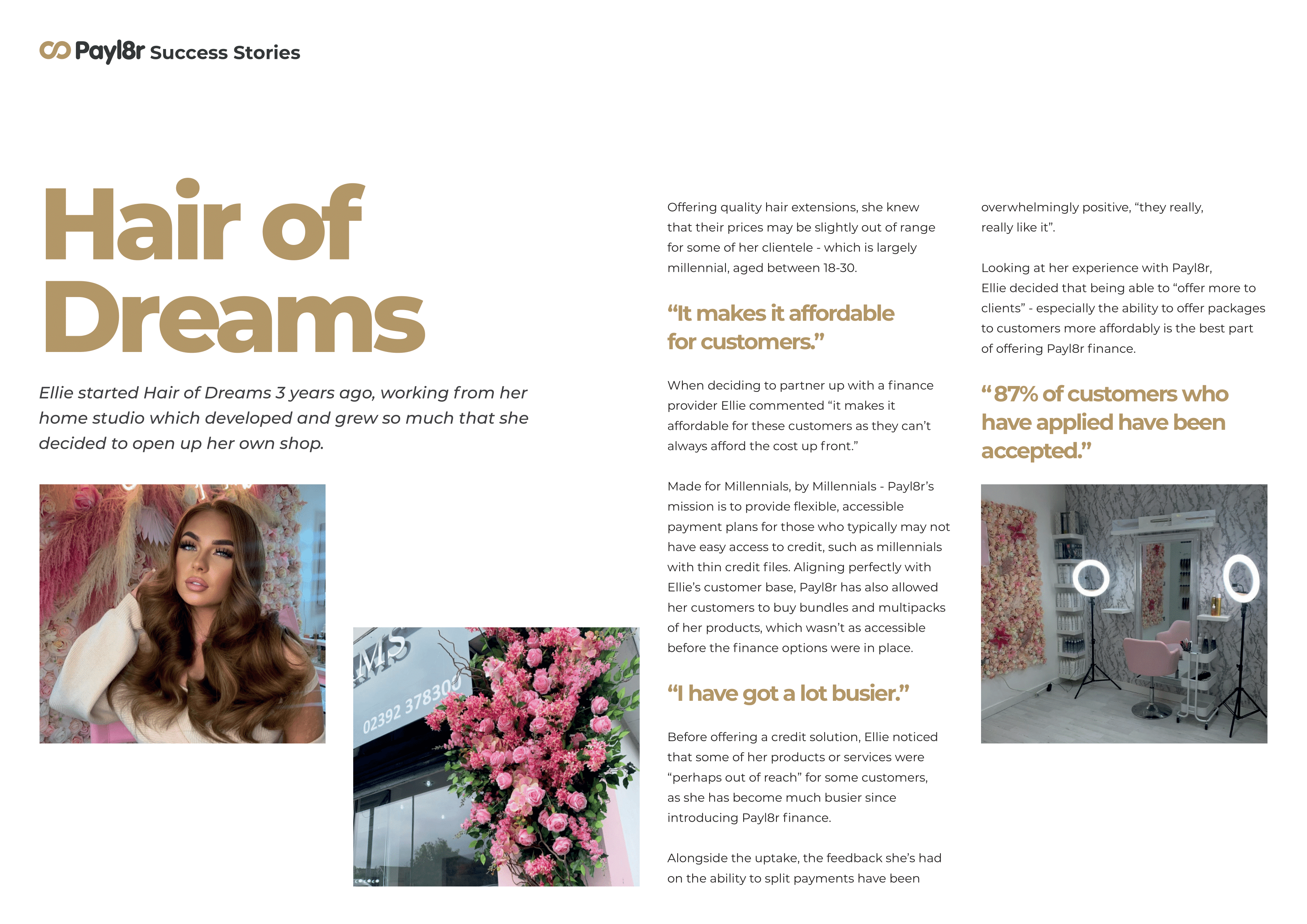Payl8r Tips: Managing Your Money
As we begin to return to a sense of normality with the reopening of stores and hospitality, it’s a good time to get a solid spending plan in place so you can enjoy yourself, knowing you’re being sensible with your money. Like all new habits, they take time and practice, but we’ve gathered a few top tips for beginners to help kickstart a money management plan today.
Be Realistic
Budgeting is, of course, at the heart of any good money management plan. Holding ourselves accountable to clearly defined budgets is crucial for anyone looking to be careful with their money post-lockdown. These budgets, however, must be realistic in relation to your typical spending habits if you are to stick to them. Take a look at your average spending habits across the board and work out whether there are any areas you could, or would like to cut back and create yourself a monthly or weekly spending plan. It might take a while to completely adjust to your new targets, and there may be times you need to modify or rearrange budgets, but as long as you keep yourself accountable you should soon start to see your spending habits improve. Why not ask a friend to be your budgeting buddy, or begin recording your budgeting journey for a physical reminder of your goals.
Apps
Whilst creating a spending plan, it's a good idea to test out a few budgeting apps to see if they help keep you on track with your goals. Nowadays, there are so many online options and platforms to keep an eye on your transactions. A major player in the Open Banking industry if of course, Yolt, a one-stop shop for all personal finances. It allows you to connect all of our personal accounts to monitor any outgoings, your income and any upcoming payments you should be aware of. Having a handy app like Yolt downloaded will mean you can monitor and adjust your spending from wherever you are so you'll have no excuses for not sticking to your goals!
Start Saving
As you begin managing your money, it's a good time to start thinking about your savings plan. Whilst it might be tempting to spend the extra money you have left from your essential outgoings, think about whether those funds might be better off building up in a savings account. Even if you begin with a small monthly amount, moving some of your disposable income across to a savings account will set you up with a good habit for the future. Why not try transferring the money over to a savings account the day you receive funds so you can budget accordingly, knowing that you have already put some aside. This way you won't be tempted to spend any leftover funds, and it'll become a natural part of your routine. Don't forget to set yourself a goal amount or dream purchase to keep you on track - it's must easier when you've got something to work towards!
Patience Is Key
Famously, it takes just 21 days to introduce and incorporate a new habit into your everyday life. Of course, this rule isn't an exact science, but what it can do is provide you with a good starting point to work from. Why not try sticking to a spending plan for three weeks and see how you get on. Don’t worry if you slip up or have a few overextended budgets in the beginning, as you’re still adjusting to these habits and practice will always make perfect. Check in with your spending after the first couple of weeks and you'll likely begin to see some habits forming. It'll also give you a chance to pick out any areas that aren't working well that you could improve on. Perhaps you'd work better on a weekly budget rather than a monthly one, or maybe you'd benefit better from a budgeting journal as opposed to a money management app. Once you get to know what works well for you, you'll be able to adapt your strategy to get the most out of it. Remember - it's not a one size fits all approach - so give yourself some time to fall into a routine that works for you.
*Note: Always do your own research and seek independent financial advice when required.




Comments
Post a Comment